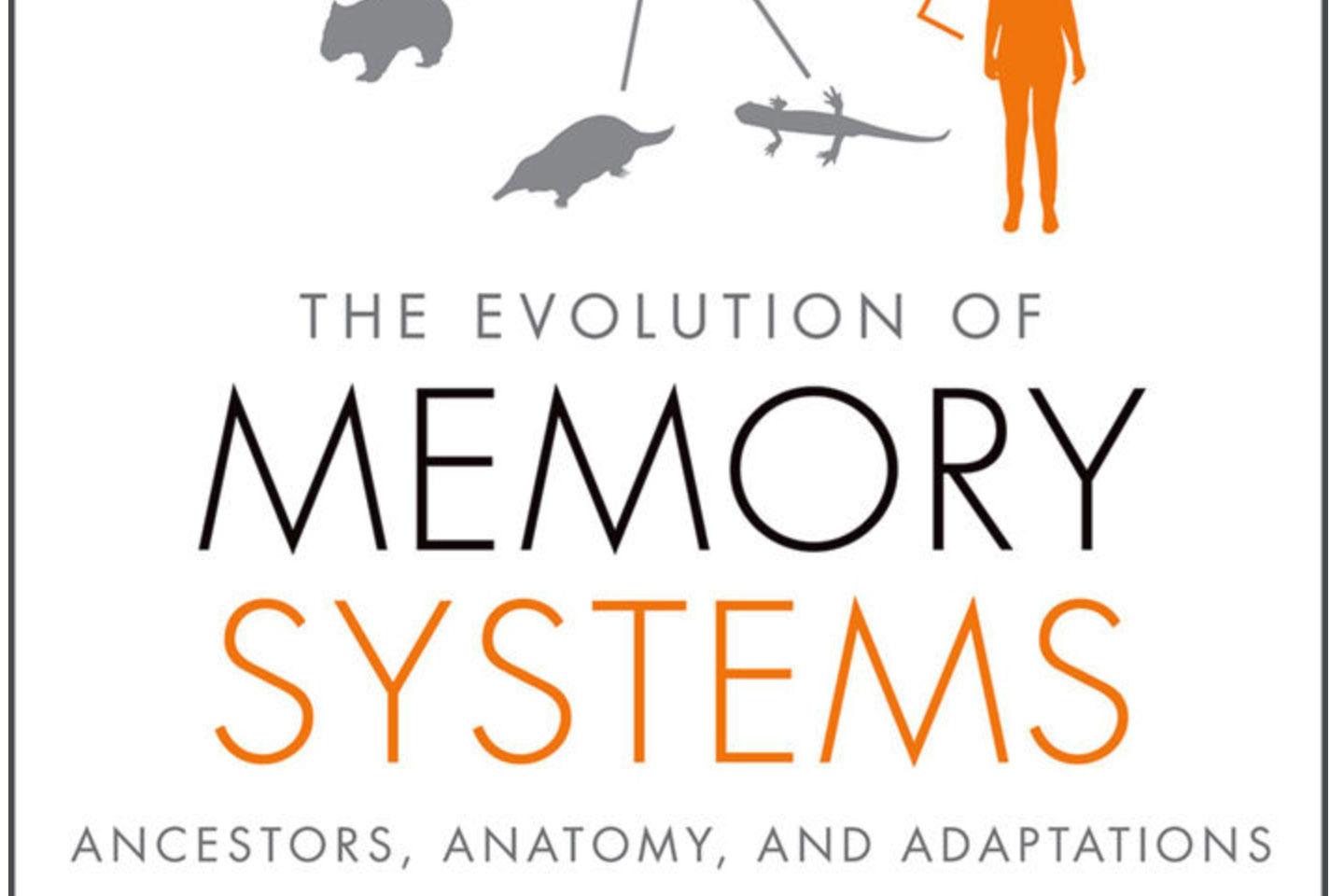Steven P. Wise talks about memory
A neurophysiologist shares his professional observations on memory, and explains how a massive snowstorm shaped his Dartmouth experience.

Steven P. Wise ’75 is a co-author of The Evolution of Memory Systems and The Neurobiology of the Prefrontal Cortex. Before retiring, he spent his 30-year career in neurophysiology at the National Institute of Mental Health. Here he shares his professional observations on memory, and how both a massive snowstorm and dissecting a sheep’s brain shaped his Dartmouth experience.
Tell us a little about your work on the evolution of human memory.
The blog post I wrote with my coauthors for Oxford University Press answers that question better than anything I could say here. It starts, “Like all biological traits, human memory reflects a long evolutionary history, most of it shared with other animals. Yet, with rare exceptions, evolution has either been overlooked in discussions of memory or treated in an outdated way. As a result, a simple idea about the cerebral cortex has reigned for more than a century: that its various areas specialize in functions characterized as memory, perception, the control of movement, or executive control (mainly decision-making). By taking a contemporary view of brain evolution into account, however, it’s clear that the brain simply doesn’t work this way.” You can read more at the blog post.
How did Dartmouth help lead you to neurophysiology?
I have often likened my freshman year to the scene in the Wizard of Oz when the world changes from black and white to color. I can trace my recent book, The Evolution of Memory Systems, to a single lecture in the introductory psychology course. I don’t remember who gave the lecture on an amnesic patient known as H.M., but it inspired a lifelong interest in this momentous clinical case. I decided soon afterward to drop my plans for medical school and spend my career studying the biology and psychology of memory. I didn’t really do that, but after I retired from laboratory research I returned to the topic. The book begins and ends with a discussion of H.M. and the causes of his amnesia.
Of most relevance to my research career, Professors Robert Leaton and James Rose ran a laboratory for their course on physiological psychology. In it, all of the students dissected a sheep’s brain. That might not sound like such a big deal, but most of what I understand about the brain can be traced to that experience. Although I never would have said so at the time, the courses that provided the most important preparation for my career had nothing to do with neurobiology or psychology. Professor Thomas Vargish of the English department helped me care about what he called “clarity of exposition.” I wish I had paid more attention to what he tried to teach me. Professor Norman Doenges in the Department of Classics taught me to respect scholarship for its own sake. The organic chemistry lectures of Professor David Lemal demonstrated the power of great teaching, even for a subject feared and loathed by many. (I hated the lab part of the course, though, and almost set the whole place on fire once.) Professor Thomas Roos made the history of biology more interesting and compelling than anything I have encountered since.
What is your favorite memory from college, and is there an evolutionary reason why that one might stand out to you more than others?
I am not sure the word “favorite” applies, but I have a particularly vivid memory from freshman year. I spent the Thanksgiving holiday with a friend in Boston, and a storm that rained on southern New England generated an 18-inch snowfall in Hanover. I grew up in Florida and had never seen snow until a few weeks earlier, when an inch or so had fallen. When I returned from Boston to encounter 18 inches of snow for the first time in my life, I actually thought that it would support my weight. After all, the one-inch snowfall had done so a few weeks earlier, and my only prior experience with snow was watching televised Olympic skiers sliding along atop deep blankets of snow. Because of our evolutionary history, when the brain detects such a monumentally stupid prediction about the world, it makes a lasting impression. I will never forget the surge of understanding that raced through my brain as my boot sunk into to the snow. Had I understood the nature of snow, I would probably remember nothing that happened that day.
By Kristin Maffei